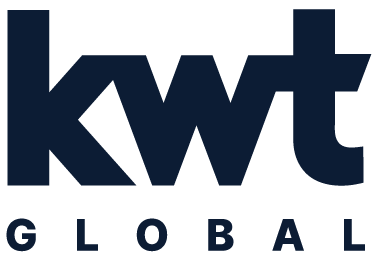If You Fail to Plan, You Plan to Fail: The Value of Media Training for Modern Executives
Insights from Jordanna Gualtieri, Vice President
TL;DR: Now, more than ever, brand spokespeople need to know how to deftly navigate conversations about their companies and authentically drive back to key messages while avoiding sticky situations. A well-prepared executive not only fends off these potentially tough moments but transforms them into opportunities to reinforce their brand’s strengths.
Media training has long played a role in successful thought leadership programs, but in an increasingly complex, always-on business world, it’s more important than ever that executives are well-prepared to effectively communicate within this evolving landscape.
While valuable for media interviews, these trainings can also empower other external communications efforts, such as speaking on panels, interviewing potential candidates, engaging on social media or networking at events. And beyond CEOs, it’s worth opening the aperture to a wider range of executives and employees who will be in the position of speaking on behalf of the brand.
With the stakes higher than ever in public discourse (especially in an election year), media training equips executives with the tools they need to be both proactive and resilient. It prepares leaders to leverage media opportunities to their advantage, ensuring they can articulate their vision, protect their brand and stay composed no matter what scenario comes their way.
Media Training in Good Times…
Thinking that media training is only for crises leaves a lot of useful preparation on the table. While much of the media training process does focus on how to navigate negative conversations, the other side of the coin is learning how to effectively communicate key messages and success stories.
At KWT Global, we teach executives that interviews are not conversations; they’re carefully choreographed exchanges of ideas and information. What this means in practice is that every question is an opportunity to drive back to a key message, whether it be highlighting a new initiative, showcasing long-term business vision or humanizing the brand through “hero’s journey” storytelling.
Further, this means that the ways in which we speak in casual conversations simply aren’t effective in media interviews. An executive who thinks they’re sitting down for a “chat” likely isn’t prepared to speak in soundbites, use precise language, numerate their points or restate their message multiple times.
Ultimately, a media-trained spokesperson is a more confident spokesperson and, thus, someone more likely to represent their brand positively and authentically.
…And in Bad
Of course, every executive will be faced with a tough question or sensitive situation at some point in their career, and this is where effective media training really shows its value.
These types of situations are inherently stressful, and when flustered, we can often revert to our fight-or-flight responses—becoming argumentative, rambling on the defense or clamming up entirely. To mitigate communications breakdowns, media training equips executives with a toolbox of tactics that become second nature when it matters most.
KWT’s training covers the classics—never say “no comment,” don’t repeat negatives—and then dives deeper into nuances like body language and common journalistic tactics that could quickly turn a successful interview into a blooper reel (or worse).
Our instruction during this training is instrumental, but putting these learnings into practice is just as important. We ensure that mock interviews are always a part of the training, and we work to dial up the heat, putting execs under more pressure than we’d ever hope they’d encounter to make sure they feel comfortable with the techniques and bridging language we’ve taught them.
Maintaining the Media Muscle
Media training isn’t a one-and-done endeavor. While the initial session—often a half- or full day—doesn’t need to be repeated for each interview, the principles and key tactics should be refreshed regularly.
Mock interviews tailored to each opportunity are also valuable exercises to make sure the language and tactics feel fresh. Considering tough questions in advance is much more effective than trying to answer them on the fly.
After all, it takes a lifetime to build a reputation—and only a few seconds to destroy one. To learn more about our media training and comms expertise, check out our services here
